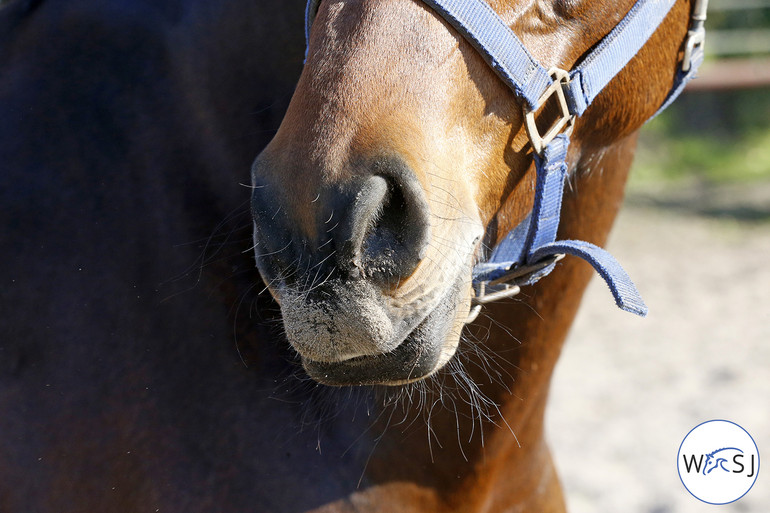Text © World of Showjumping
Two riders have reached agreements with the FEI after their horses tested positive on ractopamine and synephrine. The FEI agreed that both riders bore no fault or negligence for the rule violations, and the agreements between the parties have now been approved by the FEI Tribunal.
The ractopamine-case: Food contamination
Brazilian rider Bruno Cavalheiro Rebello admitted to a violation of the FEI Equine Anti-Doping Rules (EAD Rules) art. 2.1, after his horse Chabello tested positive to ractopamine. Ractopamine is a feed additive, which is legal for certain animal consumption in the USA and Mexico – but illegal in most parts of the world. It is classified as a banned substance under the 2019 FEI Equine Prohibited Substances List.
However, the Brazilian rider established how the ractopamine entered Chabello’s system and how he bore no fault or negligence for the rule violation.
The source of Chabello’s positive test was traced back to contamination at a feed manufacturing plant in Mexico. The rider explained that the feed in question had been used at his stables for eight years, and that Chabello had been given this feed for four years. Cavalheiro Rebello provided invoices for the food purchases.
The manufacturing plant that produced the horse feed, also produced pig feed that intentionally and legally contained ractopamine. The ractopamine was only added to the pig feed, not the horse feed. However, the two types of feed were both produced and stored in close proximity. The feed manufacturer provided a statement which confirmed these facts, and also accepted the plausibility of contamination occurring at the plant.
Furthermore, the rider also set out a date on which he stopped feeding Chabello with the feed in question and a subsequent certificate which confirmed that the horse’s blood did no longer contain ractopamine.
The FEI accepted that the circumstances of the case were exceptional, and that Cavalheiro Rebello could not reasonably have known that the feed was contaminated. No period of ineligibility was imposed on Cavalheiro Rebello.
Having reviewed the case, the Tribunal took note that the FEI accepted – on a balance of probability – that the source of the ractopamine was contamination at the feed manufacturing plant. Furthermore, the Tribunal took note that the FEI accepted that the ride bore no fault or negligence for the rule violation. The Tribunal also noted that Chabello had been tested for ractopamine after he was taken off the alleged contaminated feed, and that the analysis returned negative.
The synephrine-case: Teff hay
Mexican rider Francisco Lomelin admitted to a violation of the FEI Equine Anti-Doping Rules (EAD Rules) art. 2.1, after his horse Donaugraaf’s tested positive to synephrine – a banned substance under the 2019 FEI Equine Prohibited Substances List. However, the Mexican rider established how the synephrine entered Donaugraaf’s system and how he bore no fault or negligence for the rule violation. As in other synephrine-cases, Donaugraaf’s positive test was traced back to teff hay.
The FEI had also notified the Mexican National Federation about ten other positive findings resulting from this teff hay produced in Mexico. The teff hay is now known to potentially contain synephrine – also acknowledged in the FEI Warning regarding synephrine issued by the FEI and distributed via e-mail in the FEI Veterinarian Update on 13 May 2019. The rider provided statements from the producer of the teff grass, receipts from the purchase of the hay and laboratory reports. The feed from the producer was also tested and hay samples sent to the UC Davis Laboratory, where the presence of synephrine was confirmed.
The FEI accepted that Lomelin bore no fault or negligence for the rule violation, and no period of ineligibility was imposed on the Mexican rider.









